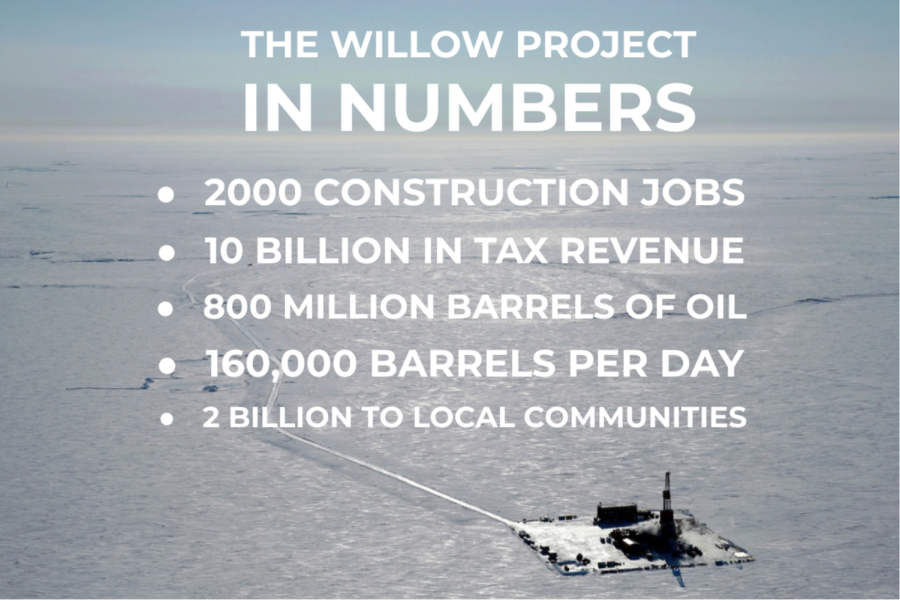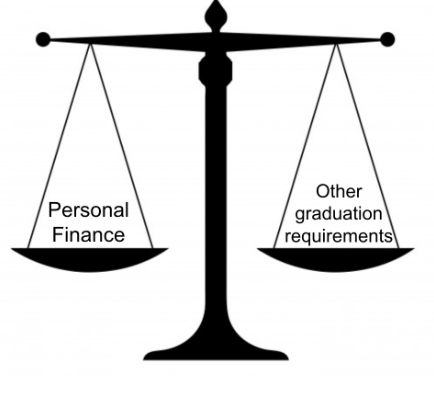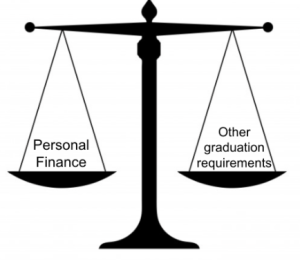Biden administration approves controversial Willow Project
The Willow Project would drastically develop and enrich local indigenous areas while providing the state of Alaska with a surge in tax revenue.
Biden’s right to approve the “Willow” oil-drilling project in Alaska
It’s February 2020. Joe Biden’s Democratic presidential primary campaign is floundering due to a lack of support from the progressive wing of his party. At his next event, Biden decides to make a large pledge to address the issue–he pledges “no more drilling on federal land.” But his administration has now backtracked on that promise by approving the Willow Project, a large oil drilling proposal on federal land in Alaska. Willow’s approval has been heavily criticized due to concerns about its potential carbon output, but the project is a necessary step in securing American energy independence and boosting Western economic security.
There is no shortage of those who warn of the project’s consequences. Greenpeace has asserted that Willow is a “carbon bomb,” while 24 Congressional Democrats have signed a joint letter declaring that the project “must stop” in order to slow the “devastating impacts of climate change.”
Nobody should deny the horrible effects that climate change will have on our planet. However, the warnings about a “devastating impact” from Willow is arguably overstated. According to the New York Times, carbon emissions by the project would increase America’s total emissions only by 2/10 of 1%. Alongside other government programs, such as increased fees for oil drillers through the Inflation Reduction Act, and newly codified environmental protections in the region that prohibit new gas and oil leasing in the Arctic Ocean, the effect that Willow will have on America’s total greenhouse gas emissions should be negligible.
Furthermore, those who are arguably most affected by the project’s fate are the ones that have been its most vocal supporters. In Alaska, both Republican senators and the conservative governor have allied with the Democratic Congressional House Representative to lobby the Biden administration to approve it–they forecast that the project is expected to bring in over $8 billion in tax revenue for Alaska and create thousands of well-paying jobs.
Willow’s emissions would only increase American emissions by 0.2% — Henry Watson ’25
More notably native groups near the proposed sites have traveled to Washington to lobby for the project and have contended that their communities stand to gain “billions” in wealth if the project is approved. Taqulik Hepa, head of the department of wildlife in the Willow Project’s region, has asserted that the project would provide “much-needed basic services” to locals.
There are also international security issues to consider. After Russia invaded Ukraine and then began cutting back on oil exports, European Union (EU) members have become desperate to find alternative sources for natural gas, and American oil exports have reached their highest in years. With no end in sight for the war in Ukraine, the hundreds of millions of barrels that Willow will provide could help Europe avoid potential cold winters in the future.
Americans have also realized, through the rising price at the gas station, how susceptible our energy supply is. Much of this can be attributed to one organization in particular–the Organization of Petroleum Exporting Countries (OPEC)–an organization made up largely by infamous dictatorships such as Iran, Angola, and Iraq. According to the U.S. Energy Information Administration, OPEC controls over 45% of the world’s oil production and 80% of global reserves, and has sought to use this power to maximize profit and market share by manipulating oil supply.
The United States and the West have pleaded for OPEC to increase their oil production after the war in Ukraine. President Biden even visited Saudi Arabia–a country he had vowed to make a “pariah” on the world stage and also an influential member of OPEC–in order to ask it and the organization to increase oil production. Instead, OPEC decided to do the exact opposite– it reduced oil production by 2 million barrels a day and drove prices even higher.
The Willow Project would attack OPEC’s dominance in the oil market by making our oil more abundant, cheaper and competitive on the global stage. Ultimately, it would help free America and the West from the will of oil-rich dictatorships and help shift the oil market– and its vast profits–towards the control of democratic nations.
Criticism against the Willow Project is entirely reasonable. The world must ultimately shift our energy from non-renewable resources to renewable green-energy–the human race’s survival depends on it. But there must be an exception for Willow.
Willow Project displays regressive, outdated climate policy
If you’ve been on Tik Tok or any social media platform recently, your feed has probably been flooded with videos discussing the Willow Project, the recently approved drilling location in the Arctic of Alaska.
One of President Biden’s campaign promises was to begin the much-needed transition away from fossil fuels, eventually balancing the amount of carbon emitted with that absorbed. The project is expected to produce an estimated 300 million barrels of oil within the next 30 years, instantaneously invalidating the anticipation of a carbon neutral future. Every U.S. citizen should feel betrayed and angered by the Willow Projects major contributions to the climate crisis.
If significant efforts to reduce climate emissions are not achieved the world will face “irreversible” damage by 2030
— Caitlin Jacob ’24
Though the average age of a member of congress tends to be within their 60’s the average age of a U.S. citizen is far from that. Older politicians have difficulties foreseeing the distant future while many in Gen-Z are well aware the consequences will directly affect their own living conditions. Young voters have been turning out in elections in incredible numbers, primarily due to widespread concerns about the climate crisis.
Per a recent report from the United Nations, if significant efforts to reduce climate emissions are not achieved by 2030, the world will face “irreversible” climate damage. By producing a new “carbon bomb” in the Arctic, also known as the largest pristine area of wildlife, the U.S. is bypassing an opportunity to invest in a larger concentration of technology focusing on renewable energy.
Though cost of energy is definitely a valid justification of the project, it is often forgotten that Willow in its entirety is predicted to cause almost $80 billion of societal costs. Even if the U.S. is still very much dependent on oil, approving a massive drilling process sends a dangerous message regarding transitioning to carbon neutral resources to the millions of young voters throughout the U.S..
It is up to young voters and other members of Gen Z to voice their concerns regarding the Willow Project before climate catastrophe becomes the irreversible “norm.”






























































